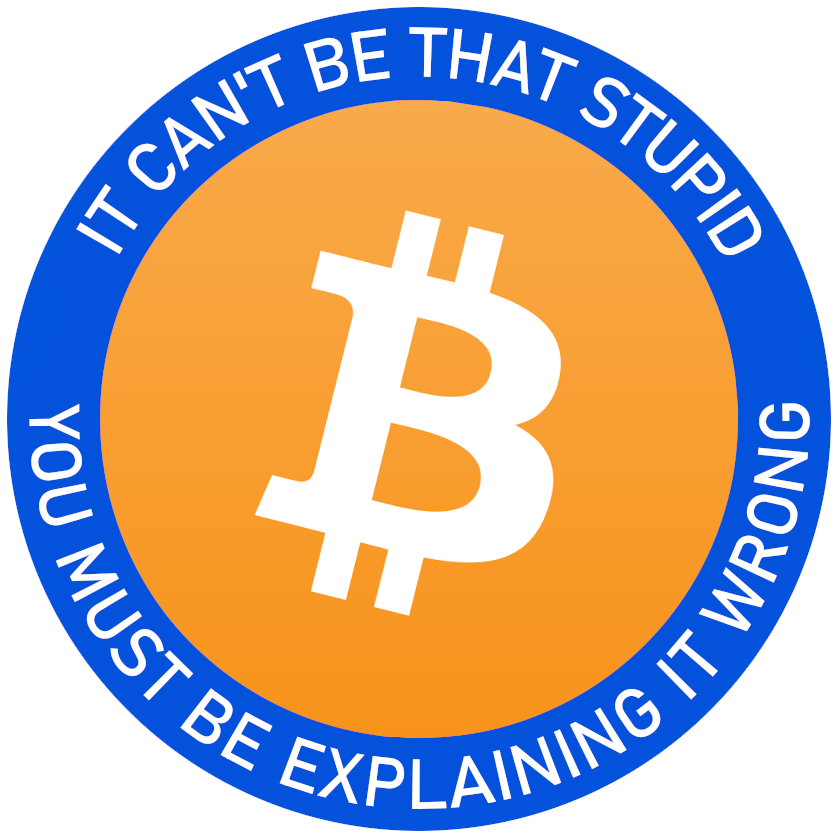this post was submitted on 11 Mar 2024
29 points (100.0% liked)
Buttcoin
1214 readers
1 users here now
Buttcoin is the future of online butts. Buttcoin is a peer-to-peer butt. Peer-to-peer means that no central authority issues new butts or tracks butts.
A community for hurling ordure at cryptocurrency/blockchain dweebs of all sorts. We are only here for debate as long as it amuses us. Meme stocks are also on topic.

founded 2 years ago
MODERATORS
you are viewing a single comment's thread
view the rest of the comments
view the rest of the comments
This is the best summary I could come up with:
The idea for Kickstarter—where artists or creators turned to the public to fund their new album, board game, or comic book—came from Perry Chen, a former DJ who launched the company after he struggled to raise money to throw a concert during New Orleans’ Jazz Fest.
Kickstarter started out in a loft with tin ceilings on the trendy Lower East Side of Manhattan—its front door was painted with graffiti and a sticker that read “Eat Shit.” The company rallied its users around events, throwing its first annual film festival in 2010 on the rooftop of the Old American Can Factory in Gowanus, Brooklyn.
This structure, which would echo other initiatives like Farcaster, did not require donors to pay with cryptocurrencies but would entail Kickstarter’s creating an entirely new, open-source version of its existing software built atop a blockchain that had never been tested by a massive consumer application.
Despite Chen’s newfound enthusiasm about blockchain, the announcement came with few specifics, and the timeline set out for the pivot was less than a year—raising fears among the Kickstarter community that, amid the hype of the crypto market, the plan would transform their beloved platform into a scammy get-rich-quick scheme.
“Pretty much all we have seen … from the crypto space is rampant fraud, theft, and financial ruin,” wrote Isaac Childres, the founder of a popular tabletop game company, in a June 2022 newsletter announcing he would turn to other platforms to crowdfund future projects.
As Fortune learned, one internal estimate puts the amount of revenue that comes from fraudulent projects as high as 18%—a concern echoed by past actions from different states’ attorneys general and the Federal Trade Commission, who have targeted Kickstarter scams in their investigations.
The original article contains 4,063 words, the summary contains 285 words. Saved 93%. I'm a bot and I'm open source!